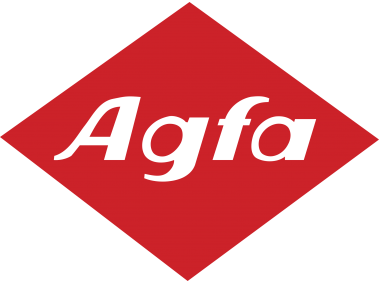Strategic challenge
For Agfa, sustainability is already an integral part of their vision and strategy. The chemical company, with HQ in Belgium, not only wants to reduce its carbon footprint to contribute to the Paris agreement, it also wants to commit socially and bring products to the market that improve the ecological impact of its clients, contributing to the UN Sustainable Development Goals. To enhance overall sustainability management, improve sustainability reporting and work towards a sustainable product portfolio management, Möbius was asked for support.
Approach
This support can be structured along several axes:
Improving sustainability management
As a first step, a review of the materiality matrix helped to sharpen Agfa’s sustainability strategy by focusing more on high-priority material topics (like GHG management and sustainable product portfolio management). This review was executed by benchmarking Agfa against the sustainability priorities of their main peers and customers as well as by engaging (with) relevant stakeholders. The latter - engaging stakeholders in a dialogue on social and ecological topics that matter most - aligns the company’s practices with societal needs and expectations. Both internal and external stakeholders were identified and mapped based on their interest and influence (out of which investors and clients emerged as the most important ones) and adequate actions to involve every stakeholder group were listed.
Strengthening sustainability reporting
Agfa aims to move the needle on sustainability reporting – and bring it in line with the GRI core requirements. Strong sustainability reporting helps to structure the dialogue with investors and to bring the sustainability message and performance across to clients.
We translated key GRI principles into specific actions to enhance the (annual) reporting for every high-priority material topic. The management approach for every material topic was defined and/or documented, alongside essential KPIs, actions, and follow-up mechanisms. Next to that, pathways to improve future reporting, based on the reporting of award-winning peers, were defined.
Managing a sustainable product portfolio
In which application and how Agfa deploys its products and solutions, has a major impact on the sustainability performance of clients, partners, and the Group itself. Möbius and Agfa worked their way towards a method to assess the sustainability performance of Agfa’s products and solutions.
This sustainable product portfolio method supports sustainable innovation, allows the company to set targets on a sustainable product portfolio, and prepares for the implementation of the upcoming EU taxonomy on sustainable activities. This method allows to assess the environmental and social footprint of products for different lifecycle phases and was put into practice by applying it to a pilot product.
Results
- Improved decision-making on the materiality of topics, via solid stakeholder engagement
- A solid sustainability reporting for 2020 with an outlook on further improvements
- A practical method to assess and compare the sustainability performance of products.





